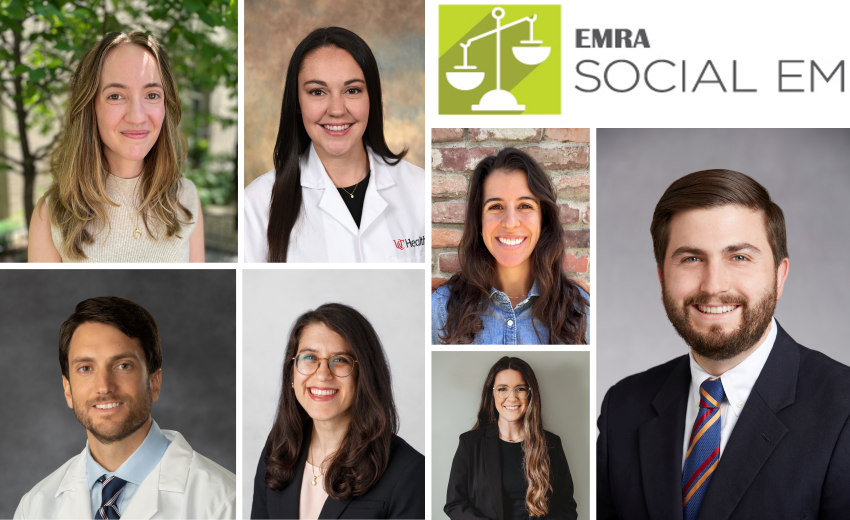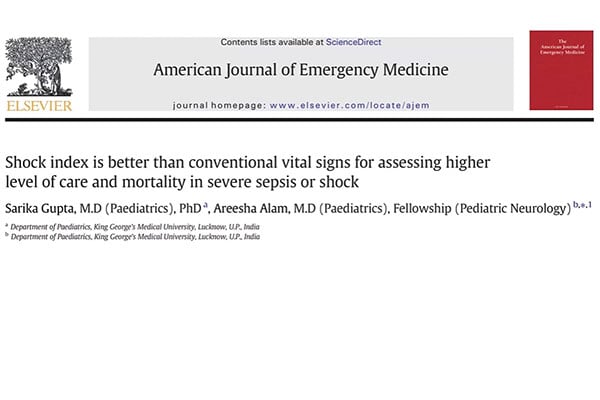Health Care Organizations Address Executive Order on Immigration
February 1, 2017
President Donald J. Trump
The White House
1600 Pennsylvania Avenue, NW
Washington, DC 20500
Dear President Trump:
The undersigned organizations are deeply concerned that the January 27 executive order restricting the admission of certain foreign nationals and refugees to the United States will disrupt patient care, health education, and medical research. Our organizations are dedicated to promoting a diverse and culturally competent health and biomedical workforce—at home and abroad—that supports improvements in health care, access to providers, breakthroughs in medical research, and equitable health for all patients regardless of their backgrounds. We urge the administration to provide additional guidance and to reconsider aspects of the executive order to avoid unnecessarily undermining our ability to fulfill these shared missions.
Among its challenges, the United States currently faces a number of health care workforce shortages. Highly skilled health professionals from other countries, many in roles that otherwise could not be filled, represent a significant portion of providers who care for American and international patients within our borders, meeting an important need in our nation’s health care system.
We recognize the importance of ensuring national security, but current entry and renewal pathways for foreign nationals—including student, temporary visitor, extraordinary ability, and employment visas—provide a balanced approach that attracts the best and brightest from around the world and advances U.S. interests through educational and cultural exchange. Impeding these pathways jeopardizes critical access to health care for our nation’s most vulnerable populations, including those in rural and urban underserved communities across the country, and individuals who come to the United States to receive specialized care not available elsewhere.
Our ability to attract top talent from around the world also enriches the research laboratories at American institutions that are working toward cures, and it has helped position the U.S. as a global leader in medical research, strengthening our economy and bolstering the public’s health. Because disease knows no geographic boundaries, it is essential that we continue to foster, rather than impede, scientific cooperation with clinicians and researchers of all nationalities as we strive to keep our country safe from all threats.
In light of these concerns, we urge the administration to consider the potential impact of the executive order on the health of the nation that will result from turning away patients, health professionals, and researchers. As a community, we offer our assistance in developing measured immigration policies that reflect the health care needs of the nation.
Sincerely,
Academy for Radiology & Biomedical Imaging Research
AcademyHealth
Accreditation Council for Graduate Medical Education and ACGME International
Alliance for Academic Internal Medicine
American Academy of Family Physicians
American Academy of Neurology
American Academy of Pediatrics
American Association of Colleges of Nursing
American Association of Colleges of Osteopathic Medicine
American Association of Colleges of Pharmacy
American Association of Colleges of Podiatric Medicine
American Board of Internal Medicine
American College of Physicians
American Congress of Obstetricians and Gynecologists
American Dental Education Association
American Gastroenterological Association
American Medical Association
American Osteopathic Association
American Pain Society
American Psychiatric Association
American Psychoanalytic Association
American Psychological Association
American Public Health Association
American Society for Clinical Pathology
American Society for Histocompatibility and Immunogenetics
American Society of Hematology
American Society of Nephrology
American Society of Neuroradiology
American Society of Transplant Surgeons
American Society of Transplantation
America's Essential Hospitals
Association for Academic Psychiatry
Association for Molecular Pathology
Association of Academic Anesthesia Chairs
Association of American Medical Colleges
Association of Anesthesiology Core Program Directors
Association of Anesthesiology Program Administrators and Educators
Association of Anesthesiology Subspecialty Program Directors
Association of Pathology Chairs
Association of Population Centers
Association of Schools and Colleges of Optometry
Association of Schools and Programs of Public Health
Association of Schools of Allied Health Professions
Association of University Anesthesiologists
Association of University Programs in Health Administration
Child Neurology Society
College of American Pathologists
Council on Social Work Education
Educational Commission for Foreign Medical Graduates
Emergency Medicine Residents' Association
Endocrine Society
Federation of American Societies for Experimental Biology
Heart Failure Society of America
HIV Medicine Association
Infectious Diseases Society of America
North American Society of Cardiovascular Imaging
Physician Assistant Education Association
Population Association of America
Renal Physicians Association
Society for Maternal-Fetal Medicine
Society for Vascular Surgery
Society of Academic Anesthesiology Associations
Society of Computed Body Tomography & Magnetic Resonance
Society of General Internal Medicine
Society of Gynecologic Oncology
Society of Nuclear Medicine and Molecular
Related Content



Feb 25, 2021
Trailblazers in Emergency Medicine : CCM
The EMRA Critical Care and D&I Committees hosted a fireside chat discussing the integral role of women and URiM in EM-CC. This discussion will launch an initiative designed to increase representation and mentorship for URiM and women in emergency medicine critical care fields.




